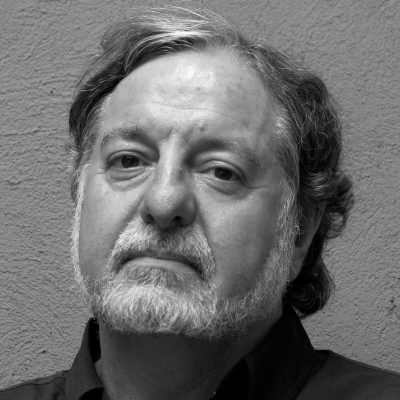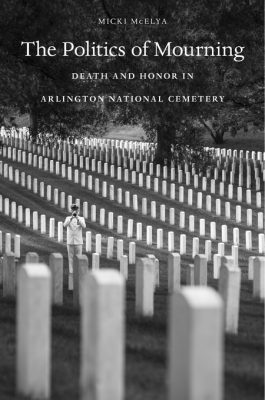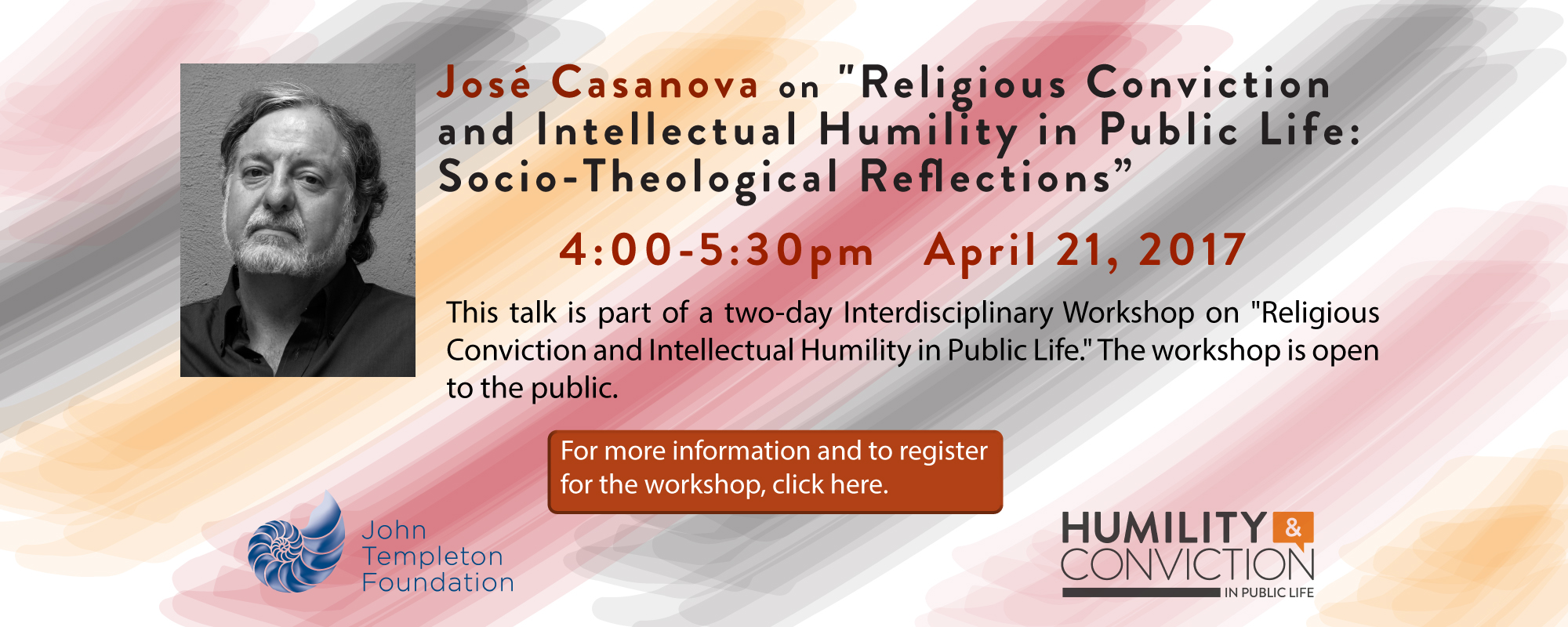 José Casanova, Georgetown University
José Casanova, Georgetown University
Keynote address: 4:00-5:30pm, April 21st (reception to follow)
Religious Conviction and Intellectual Humility in Public Life: Socio-Theological Reflections
What does it mean to have a religious conviction in our global secular age? Why is it necessary that when we enter public life, even if motivated by deeply held religious convictions, our public interventions ought to be informed by intellectual humility? In addressing these questions I will proceed with the assumption that our age is characterized by profound religious, cultural and moral pluralism, that requires that we encounter the other with deep intellectual humility and respect. Precisely because not truths or convictions but persons have rights, each person has the inalienable right to seek the truth and to hold his/her convictions publicly. I will ground my reflections on the historical experiences of the Jesuits as pioneer globalizers in the early modern age, and on the deeds and words of the Jesuit Pope Francis. The Jesuits combined a deep religious conviction as global missionaries with a peculiar openness, controversial at their time, to accommodate other cultures and to enter into deep intercultural encounters, what Pope Francis calls the “culture of the encounter.”
José Casanova is Professor of Sociology, Theology and Senior Fellow at the Berkley Center for Religion, Peace, and World Affairs at Georgetown University, where he heads the Program on Religion, Globalization, and the Secular. He is also a Professorial Fellow at Australian Catholic University, in Melbourne, where he directs a project on Asian/Pacific Catholicism and Globalization. Previously he served as Professor of Sociology at the New School for Social Research in New York and has held visiting appointments at numerous American and European universities. He has published widely in the areas of sociological theory, religion and politics, transnational migration, and globalization. His best-known work, Public Religions in the Modern World (Chicago, 1994) has become a modern classic in the field and has been translated into various languages, including Japanese, Arabic, and Turkish, and is forthcoming in Indonesian, Farsi, and Chinese. Presently he holds the Kluge Chair for Societies and Cultures of the Northern Hemisphere at the Library of Congress, where he is writing a book on “The Jesuits and Globalization.” He is also the recipient of the 2012 Salzburger Hochschulwochen Theological Prize.





 José Casanova, Georgetown University
José Casanova, Georgetown University